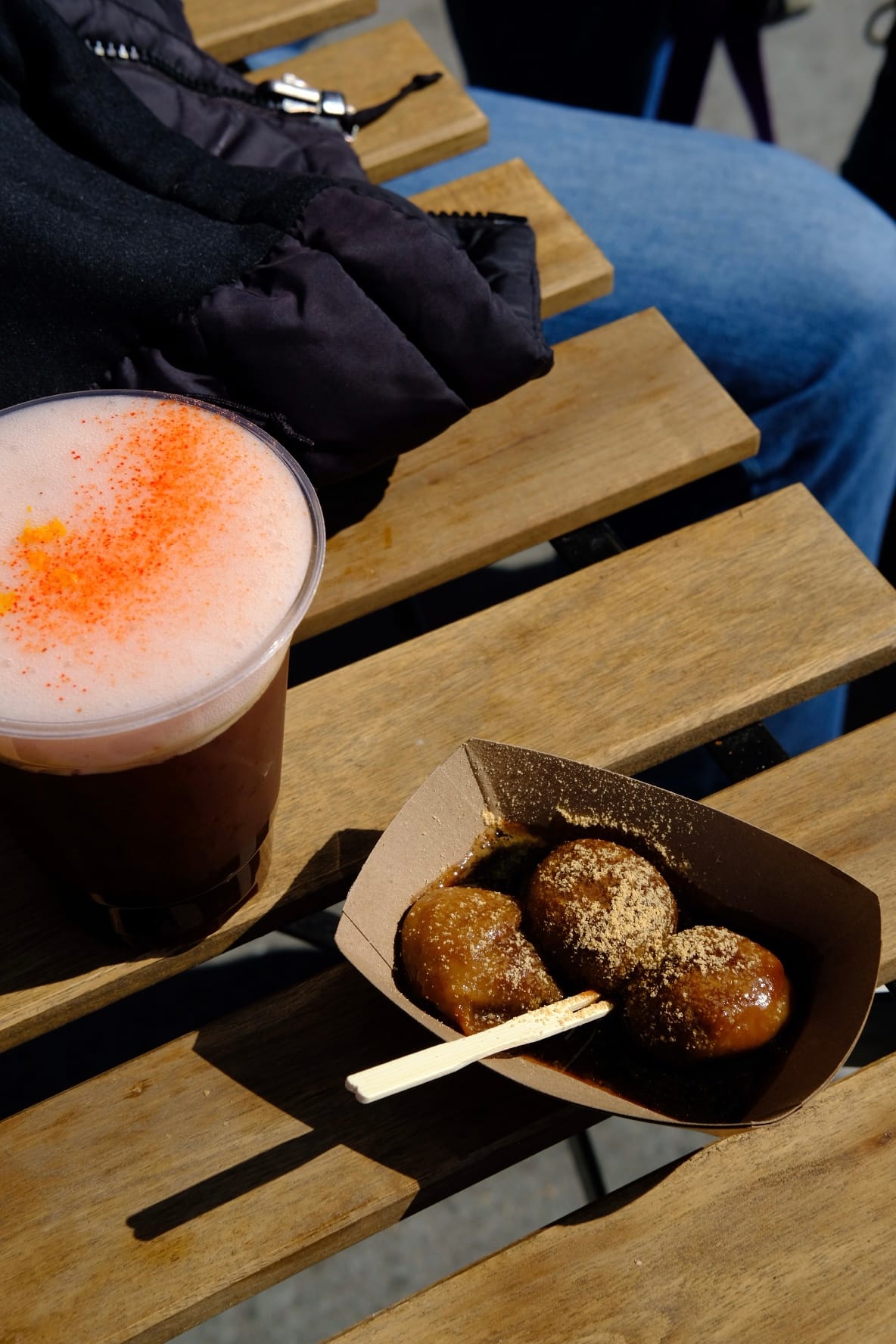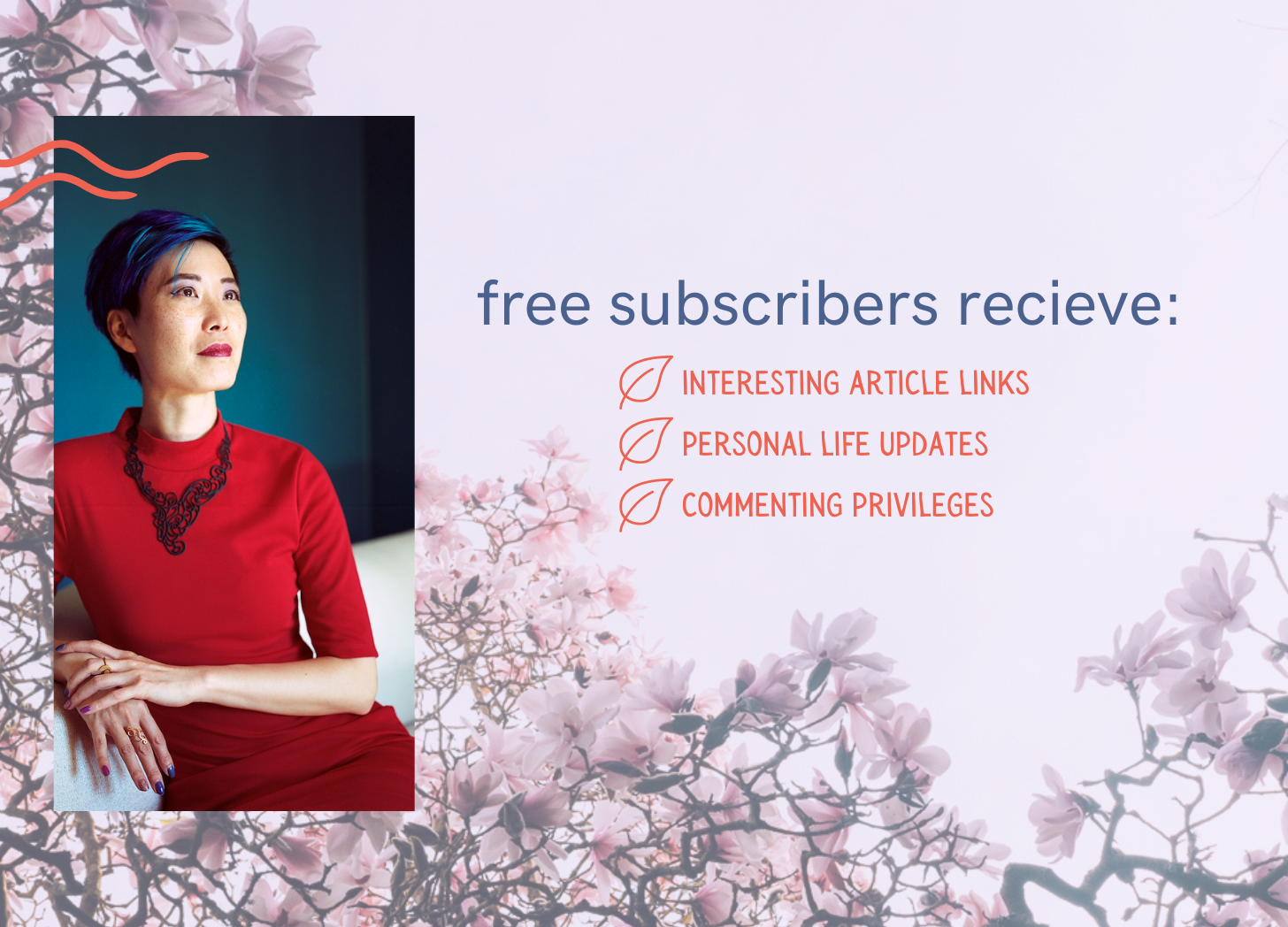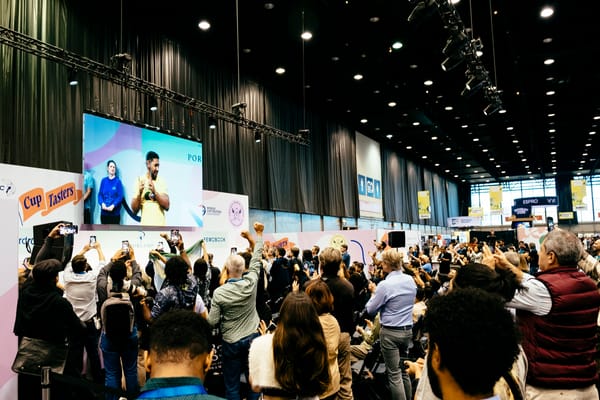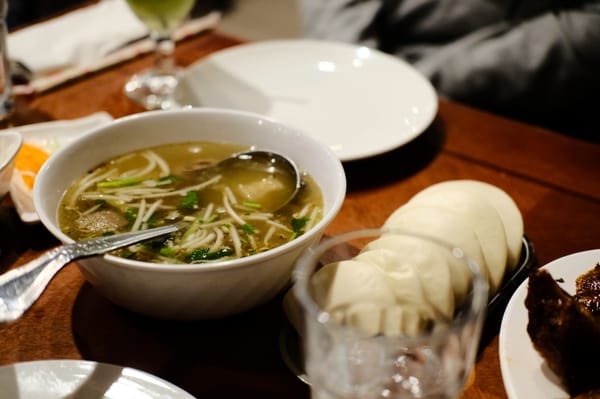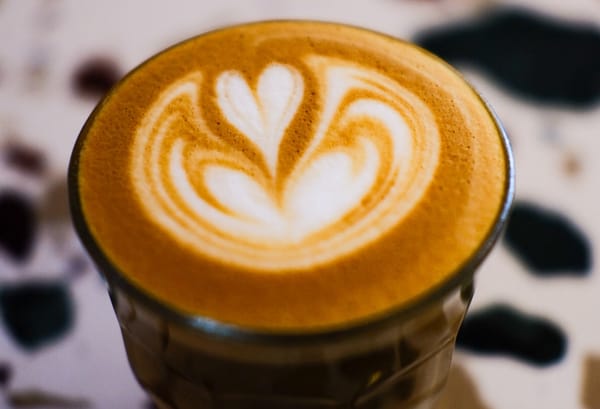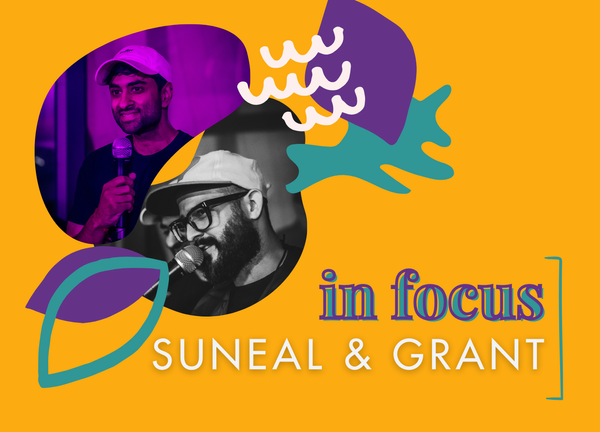Is it possible to build a genuine community under capitalism?
When is it sales, and when is it community? Can it be both?
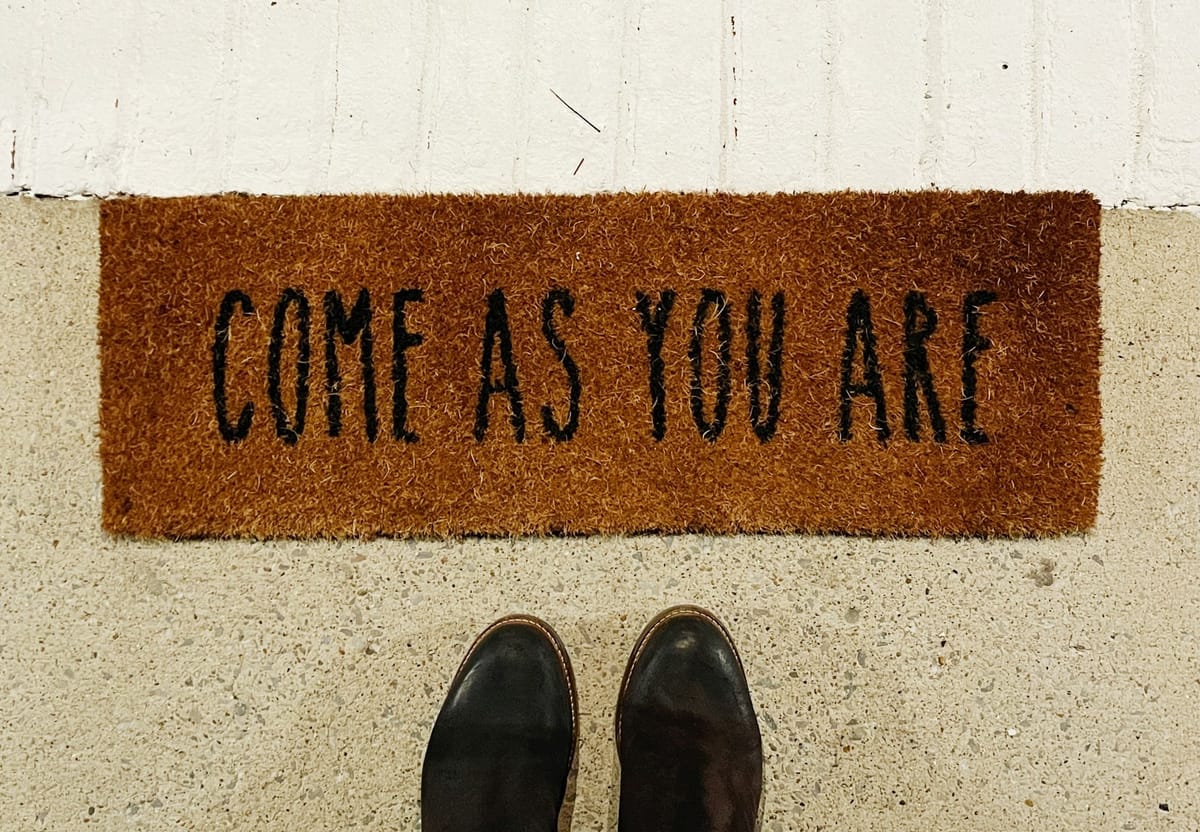
Are you a new reader or want to know what's going on? tanjennts is trying out a new seasonal format, and this season, it's all about community.

Is it possible to build a genuine community under capitalism?
When is it sales, and when is it community? Can it be both?
I don’t like pushing sales. Even my use of “pushing” in this context hints at my opinion. I don’t like the hard sell, the upsell, or a thinly veiled soft sell. In my interactions with salespeople outside of the coffee industry, they tend to be pushy, extroverted with overwhelming personalities, and more interested in their commission than in the customer’s pain points. I know that sales and marketing are necessary for a business model, but in coffee, it seems like the sales cycle goes long in the nurturing stage and, many times, is tied to the community.
So, I set out to address my question, “Is it possible to build a genuine community under capitalism?”
I’ve been pondering the ties of community and capitalism in the context of coffee for a while, and you’ll see answers to this underlining the interviews in this article and the subsequent ones in this community theme.
“I don’t think we have a choice,” Alexandra LittleJohn, a coffee professional who has worked in various sales roles for decades, tells me. It’s possible, and the coffee community is rare in this regard, but “it’s also really important to remember that humans are going to be humans and that not everybody is going to have the community’s best interest at heart.”
She launches into a story about being in a trade show booth where she was the only one not wearing a blazer and kept getting pulled into conversations. Her boss asked her, “How do you know everybody? They all want to talk to you.” She pointed to the blazer: “You're intimidating. You look like you just want to sell them something. I want to show them something cool that I'm doing with my career. And that's why I'm here. It's not just to sell.” She believes that being involved in the community—something she actively participated in before and during any job she had—is a great way to inspire selling, but is also quick to draw the professional boundary. When she’s at an event, she’s repping the ALJ brand and not the company she’s working at.
“I think sometimes, people get into sales, and they don’t really understand that—especially in coffee—it’s a long game,” she explains. The sales cycle could be one to two years long, and those people might switch to a different company. “It’s always just good to be open to opportunities versus thinking about ‘what can I get from this person’?”
In a few ways, I think my question was the wrong one to ask. It’s true that we don’t have a choice. Despite this, genuine communities are formed every day within the capitalist society structure. Most of us have to work to pay the bills, and humans are wired to be social creatures. What starts me down the suspicion route is when a company uses “building community” as a sales strategy. Are you here to actually nurture the community or are you here to make money, full stop? And are there shades of gray in this?

I once met a freelance consultant who specialized in “corporate giving,” a phrase I didn’t know existed, yet needed no further explanation.
Corporate giving also goes by corporate philanthropy, corporate social responsibility (CSR), conscious capitalism, and other similar phrases. Benefits to businesses include positive brand reputation, tax write-offs, and employee retention.
In a Forbes article arguing to upend traditional corporate giving programs, Jake Wood writes, “Companies are loath to admit that they seek anything in return for their philanthropy. But after running a nonprofit for more than a decade and raising nearly $300 million in that time — much of it from corporations — I know this is rarely true. Companies do want to do right by the community and create meaningful impact; however, they also hope that their philanthropy creates positive business outcomes.” In the US, the top 10 corporations donated over $2 billion in cash to nonprofits, primarily through employee matching gift programs.
As a development associate who has worked in the nonprofit sector for 15 years, Kate Brune is no stranger to fundraising and building wealth in communities. “I believe that nonprofits exist to address the issues created by for-profit sectors,” she says. “Income inequality, environmental harm, and the rights of people or animals who can't speak up for themselves are all problems that the business and profit models simply cannot fix on their own.” Of course, money is extremely helpful, but there are other ways to give and evaluate wealth in a community. You could be financially stable but not have close access to a grocery store. She explains, “Volunteerism, in-kind donations, public influence, and advocacy, as well as positive publicity, all play critical roles in how we evaluate the value of our relationships.”
In terms of community, Kate says, “I don't think community is possible without identity, and identity is best developed in a culture where the many facets of a person's being are acknowledged and honored.” I’d never thought about communities developing this way, but it does ring true. The grassroots communities that have been formed in coffee were created out of necessity. It could be a group of people with shared marginalized identities gathering to share space or free coffee brewing workshops for professional development.

David Savovski is a barista in Copenhagen and works at a shop where the price of every espresso—regardless of what coffee is being used—is the same. Alternative milks also have no upcharge. He believes it’s priced this way to make coffee more approachable and encourage customers to try different coffees.
There’s a “huge community of just regulars,” some from day one, who feel personally invested in the shop. They develop positive relationships with the baristas and are comfortable in the space. Of course, he lives in a country with a Nordic model in place and, presumably, has less of a power imbalance in a cafe. Because the pay is not tips-based, he doesn’t “feel pressure to perform or that my livelihood depends on how well I smile that day.” With customer boundaries in place, David is encouraged to be himself, which “manifests in the form that people want to come back (to the shop).”
This is not to say it’s impossible for a cafe in the US to be a community space; however, I’d argue that, given the societal structures in place, it’s more difficult to make it genuinely about community and not profits. It also doesn’t have to be so black and white: being part of a community and having its support does drive profits. As for me, I’ve realized that I don’t like pushy sales tactics and that a slow build of trust is more my sales style. So, is it possible to build a genuine community under capitalism? I think yes AND you need to be deliberate about how you do it.
In specialty coffee, having the support of the professional community can propel an up-and-coming company—especially if it was not founded by coffee people—into the (positive) spotlight, which I’ll get into in a future article. Next week, paid subscribers will receive bonus interview content that didn’t make it into this article, and the week after, I’ll take a look at what it takes to build and sustain a community.

If you enjoyed reading this and would like to support future work like this, paid upgrades and comps are available. Forwarding and sharing are also appreciated.
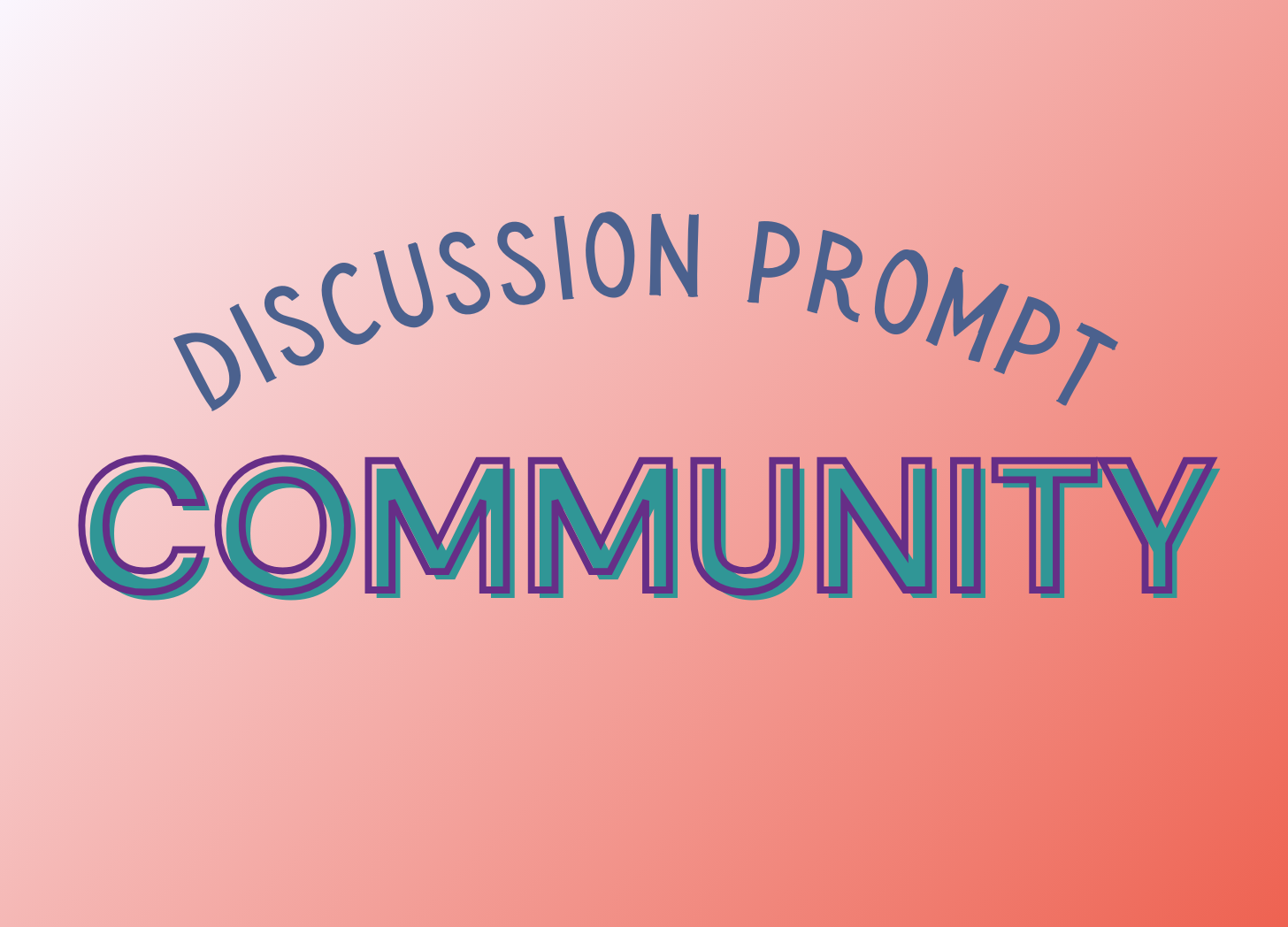
Contribute to the conversation & share your thoughts about what community means to you.

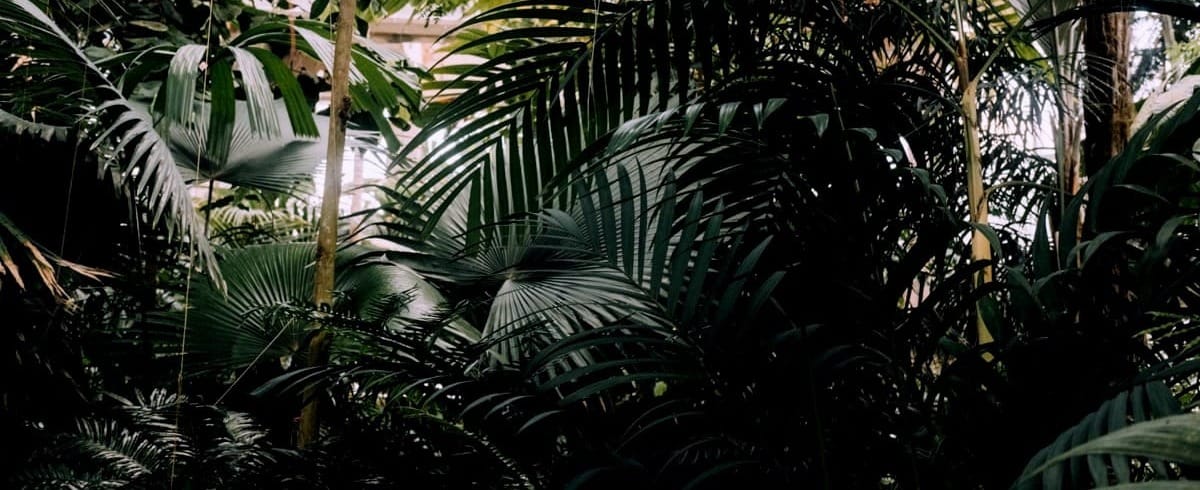
etc.
article links, personal updates, and a plant feature

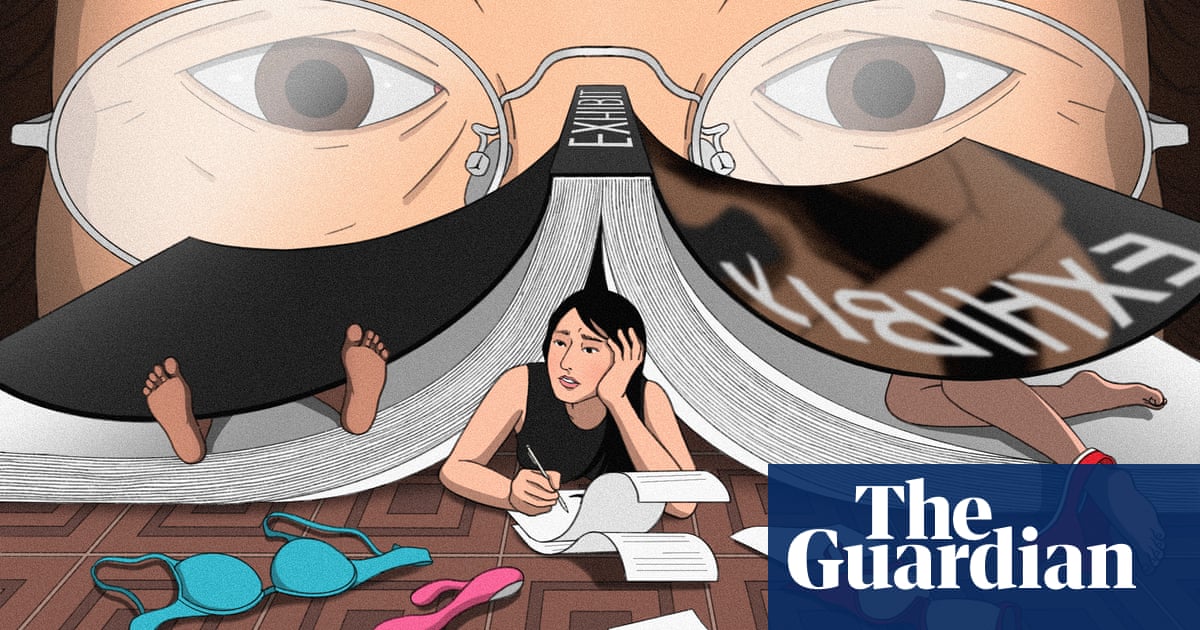
“Shame culture is very prominent among Koreans,” says Katherine Yeom, executive director of Korean American Family Services, a non-profit providing mental health support in LA. She speaks of a term new to me: “saving grace”. It’s related to the notion of saving face, but not identical: being Korean, or so the idea goes, I’m obliged to protect the reputation of the family name. Not just the present-day Kwon name, but the familial line, my exploits affecting all preceding relatives, as well as all the people to come.

They mention that they have tested 67 air purifiers in their lab in Des Moines, Iowa, but somehow, they have published zero product reviews and they don’t make their test data available anywhere.
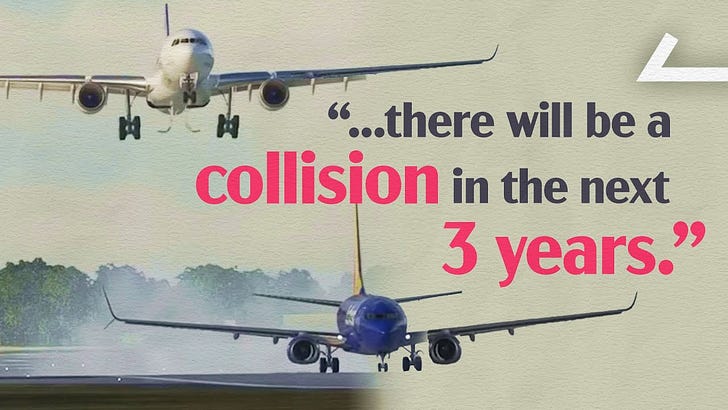
“We have been watching the flight attendants, pilots, UPS drivers, and many other groups fight for fair working conditions and livable wages,” the controller wrote. “We have been pressured into working harder and doing it for less for far too long, but we aren't allowed to take a stand and fight for better. We are tired.”
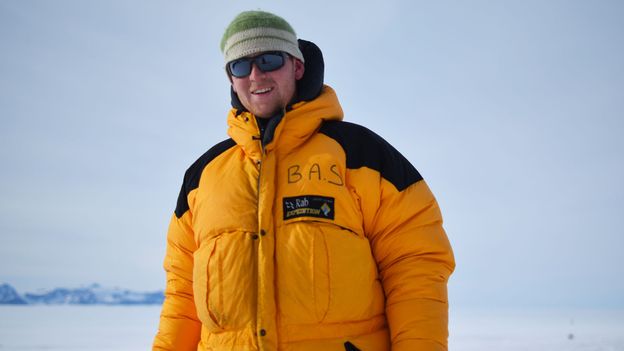
Harrington and his colleagues used computational models to predict how this melting pot of winterers might influence one another. The model used recordings made before the winterers left to simulate what might happen to their accents as they spent time together. Their prediction was unerringly accurate, even if it did exaggerate the effects compared to what happened in real life.

❓Source request: Have you ever been to a coffee event that served alcohol, and had a bad experience at the event? Or are you sober and actively avoiding these events? I'd love to include some anecdotes for an article I'm writing about the benefits of hosting sober coffee events.
🛠 Current project: I'm so close to filing my taxes!!
🔏 Last week, paid subscribers received an article reviewing what I learned about building community.

🍩 What I ate/drank/snacked on: I visited the Paper Son Coffee & York Street SF collab popup (full menu) and thoroughly enjoyed these two items: Poggers (left): passionfruit, cold brew, guava whey foam, orange zestCoffee Tangyuan (right): espresso tangyuan, brown sugar coffee syrup
